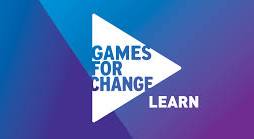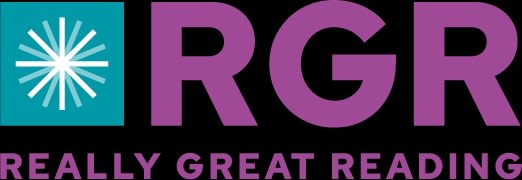Dive Brief:
- A new 160-page independent evaluation examining a pilot in one of Washington high school over five years found the program helped students do better on year-end Advanced Placement tests.
- Problem–based learning was at the core of the pilot program, which utilized real world skills and hands-on experience.
- Students were also encouraged to work and collaborate with each other, and the diverse high school was able to fund the initiative with a $4 million federal grant aimed at helping students succeed in Advanced Placement classes.
Dive Insight:
Schools with high minority populations have long been ignored for recommendations into Advanced Placement classes, and this is one area where district leaders need to encourage teachers to consider students of color. Some research-based solutions for improving outcomes among black male students include prep and enrollment in AP classes, which can better prepare students for careers and college.
In some locations, like Des Moines, Iowa, initiatives aimed at increasing equity have seen good results. “One of the single biggest things I’ve done as superintendent is I don’t put as much stock in these test scores as everybody else does,” superintendent Thomas Ahart told District Administration. He has focused on alternative measures like Advanced Placement participation and performance. Under Ahart, access to programs like AP and International Baccalaureate classes has increased.
Personalized learning and project-based learning are trends on the upswing. New measurements promote efficacy of personalized learning, and powerful organizations like the Bill and Melinda Gates Foundation are interested. The Gates Foundation has invested in the success of these learning models, with some of the $5 billion dollars donated toward advancing education in the U.S. supporting personalized learning projects.













